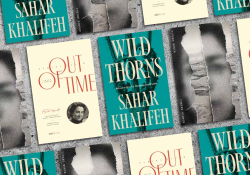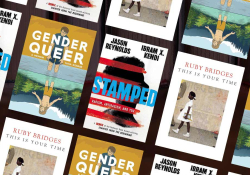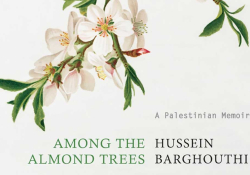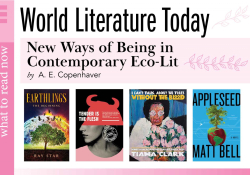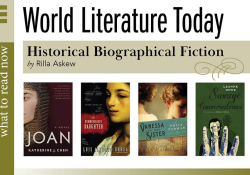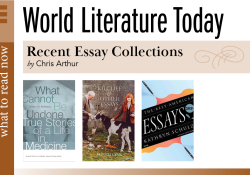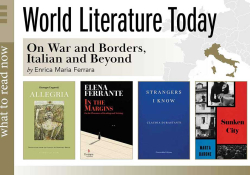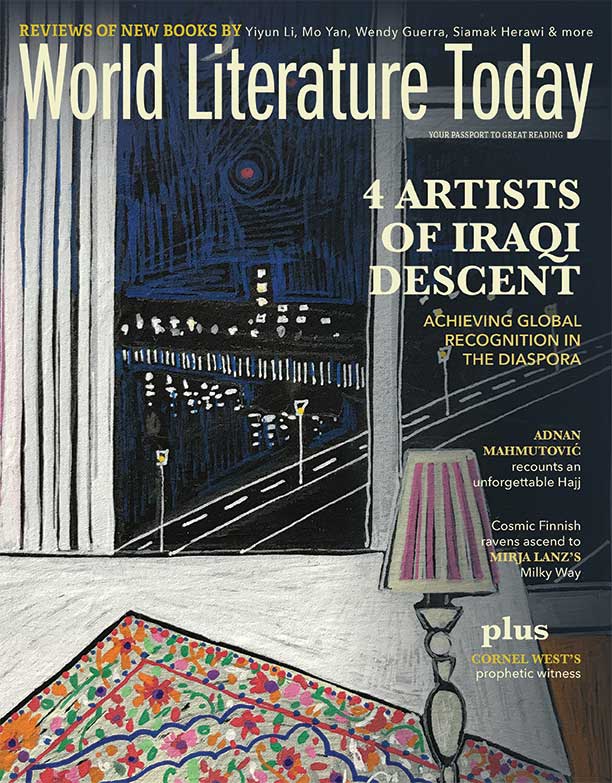Retranslations
While working on a new verse translation of Ovid’s Metamorphoses, I discovered that skepticism toward my project tended to follow a specific trajectory. People who began with perhaps too much faith in translators’ ability to vault language barriers (“but hasn’t that been translated already?”) would grow uncomfortable when shown how dissimilar two translations can be (“but they say different things!”). To be sure, variations sometimes do stem from a lack of translatorial scruples, but more often they arise from the literary truth that a single text can mean multiple things, particularly when it has had millennia to accrue, adjust, and slough off those meanings. The more ancient, foreign, complex, lyrical, or fragmentary a work is, the more dispute there will be over how best to translate it into a form meaningful to modern readers of modern languages in a modern culture.
As the saying goes, every translation is an interpretation—yet this is not all that makes retranslation worthwhile. With new times come not only new interpreters but new priorities regarding both what gets translated and who gets to do the translating. In my case, since Ovid’s importance to the canon was only reestablished through the political shifts of the late twentieth century, the insights resulting from that renewed attention have become available just recently, when I found myself among the first crop of Ovidian translators who are not straight or white, let alone over thirty. As the field of classics diversifies its study and students alike, translations continue to bring new things to light in even the oldest and most seemingly settled texts. The three books recommended below are among the latest to typify this exciting trend.
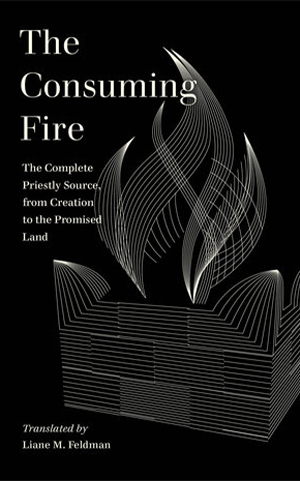 The Consuming Fire: The Complete Priestly Source, from Creation to the Promised Land
The Consuming Fire: The Complete Priestly Source, from Creation to the Promised Land
Trans. Liane M. Feldman
University of California Press, 2023
Two decades in the making, Robert Alter’s majestic and magisterial rendering of the Hebrew Bible is undoubtedly among the most impressive translations in recent memory. Yet a mere five years later, Liane M. Feldman’s The Consuming Fire demonstrates how even the best translations involve curatorial choices that open alternate paths for others. Scholars have long recognized the five books of the Torah as an interweaving of earlier sources, largely distinct from each other in style, diction, and theme. But Alter’s approach—primarily treating the Bible as a work of literature—necessarily and laudably smoothed over these differences, harmonizing the disjunct voices to stunning effect.
By translating only the Priestly Source, however, Feldman takes precisely the opposite tack, isolating the most divergent of those voices in a spare, hypnotic idiom that emphasizes the source’s cohesion as a complete narrative unto itself. In rereading the old tales without the famous features drawn from the other sources, I encountered an eerie blend of the familiar and the strange: here is Adam without Eden, Moses without the Ten Commandments, and the Old Testament God with neither omnipresence nor wrath. Through this act of scholarly separation, Feldman performs a kind of miracle, allowing the audience to read a whole new story in one of the world’s oldest and most retranslated books.
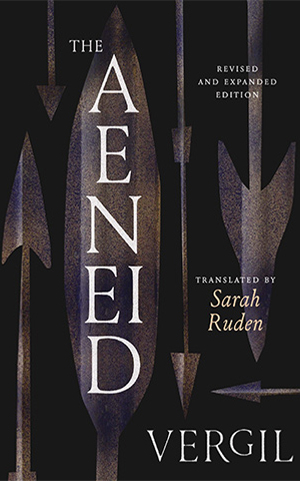 The Aeneid: Revised and Expanded Edition
The Aeneid: Revised and Expanded Edition
Trans. Sarah Ruden
Yale University Press, 2021
Few classical translations this century have made so big a splash as Emily Wilson’s Odyssey. Her line-for-line iambic pentameter rendering manages to couple high linguistic fidelity with poetic rigor—a feat further distinguished through the shocking fact of its being the poem’s first English translation by a woman. With Wilson’s Iliad out this fall, however, I have felt myself wishing similar fanfare on Sarah Ruden’s Aeneid, a comparable achievement made along similar lines.
First published in 2008, Ruden’s translation has undergone substantial revision for a second edition deserving of acclaim all on its own. Now equipped with an impressive introduction and annotations, Ruden’s work follows a program much like Wilson’s, treating a major canonical epic with a balance of literary and scholarly precision seldom seen in her uniformly male predecessors. Also like Wilson (and, incidentally, myself), Ruden exactly matches the original’s line count, lending the verse a taut, driven quality entirely appropriate to the epic while guarding against the expansive insertions of other translations, which drain the poem of both its pace and the quintessential thematic ambivalence that has made for such rich academic debate. Viewed alongside the first edition, her revision’s redoubled attention to diction, word order, and accuracy are immediately apparent. Faced with the daunting task of tackling Rome’s foremost epic not once but twice, Ruden has turned an already good translation into a very good one.
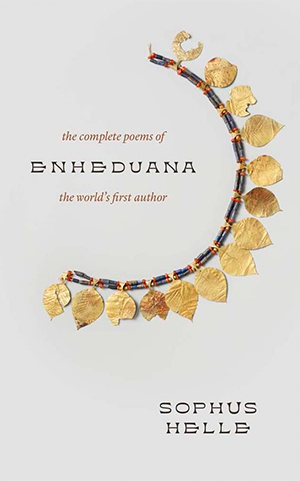 Enheduana: The Complete Poems of the World’s First Author
Enheduana: The Complete Poems of the World’s First Author
Trans. Sophus Helle
Yale University Press, 2023
Sometimes a new age will bring new discoveries as well as new tastes, both calling for new translations. Unknown even to archaeologists until the 1920s, the Sumerian poet Enhe-
duana is now considered the world’s earliest known author yet remains unknown to most readers—few of whom are likely to have encountered much ancient literature by women, let alone from Bronze Age Iraq. Composed in the twenty-third century bce, her hymns to the dread goddess Inanna (Ishtar) have occasionally appeared in academic translations for academic audiences; Sophus Helle’s new edition proposes to launch her works into the wider literary consciousness, rewriting the history of world literature in the process.
The first to render her poetry as poetry, Helle succeeds not only at translating Enheduana but in giving her new readers the best possible introduction to her works as well. The hymns surge forward with a kind of archaic force reminiscent of Hesiod (though arguably more readable, personal, and—somehow—theoretical), and the accompanying essays provide an accessible crash course on the context and transmission of the poems, along with how much remains unknown. Indeed, Helle makes clear that his book will hardly be the last word on the subject. As new text fragments turn up year by year, our developing interpretation and appreciation of the poems of Enheduana promise ample opportunity for new fruit in the ever-fertile fields of antiquity and classical translation.


